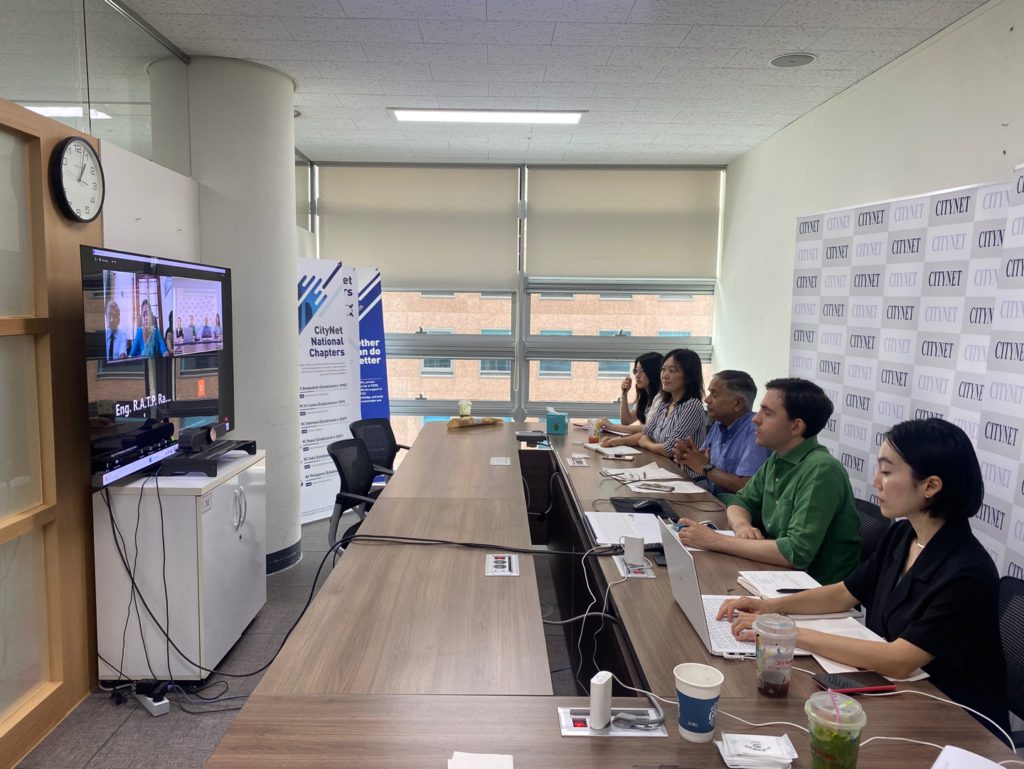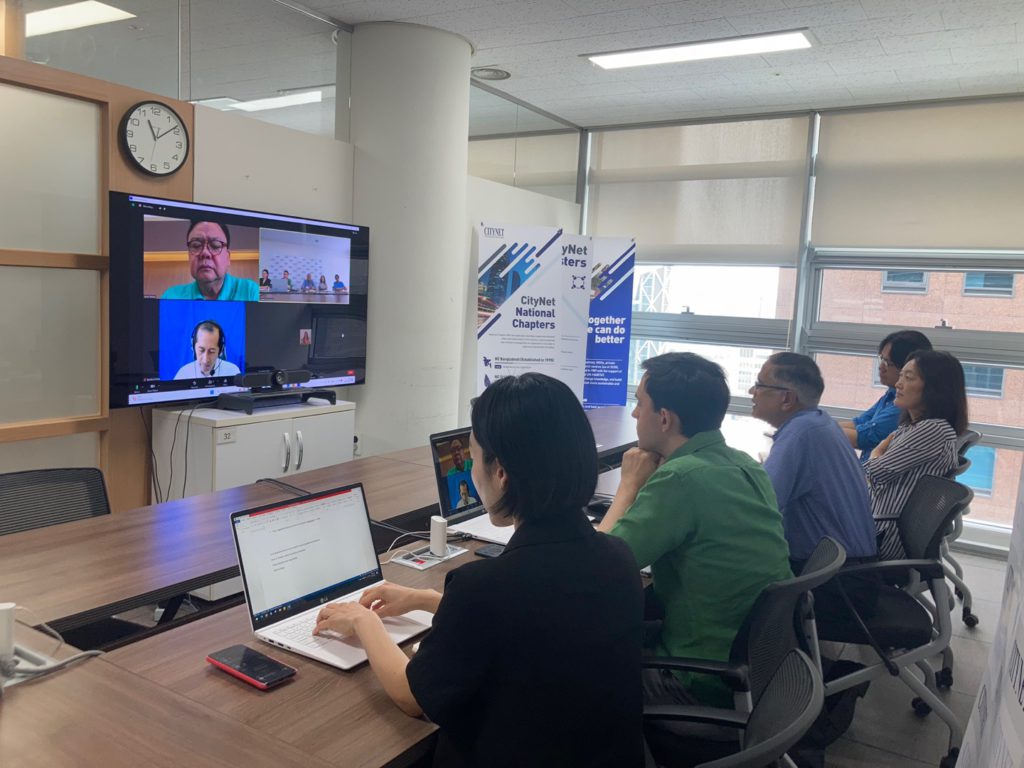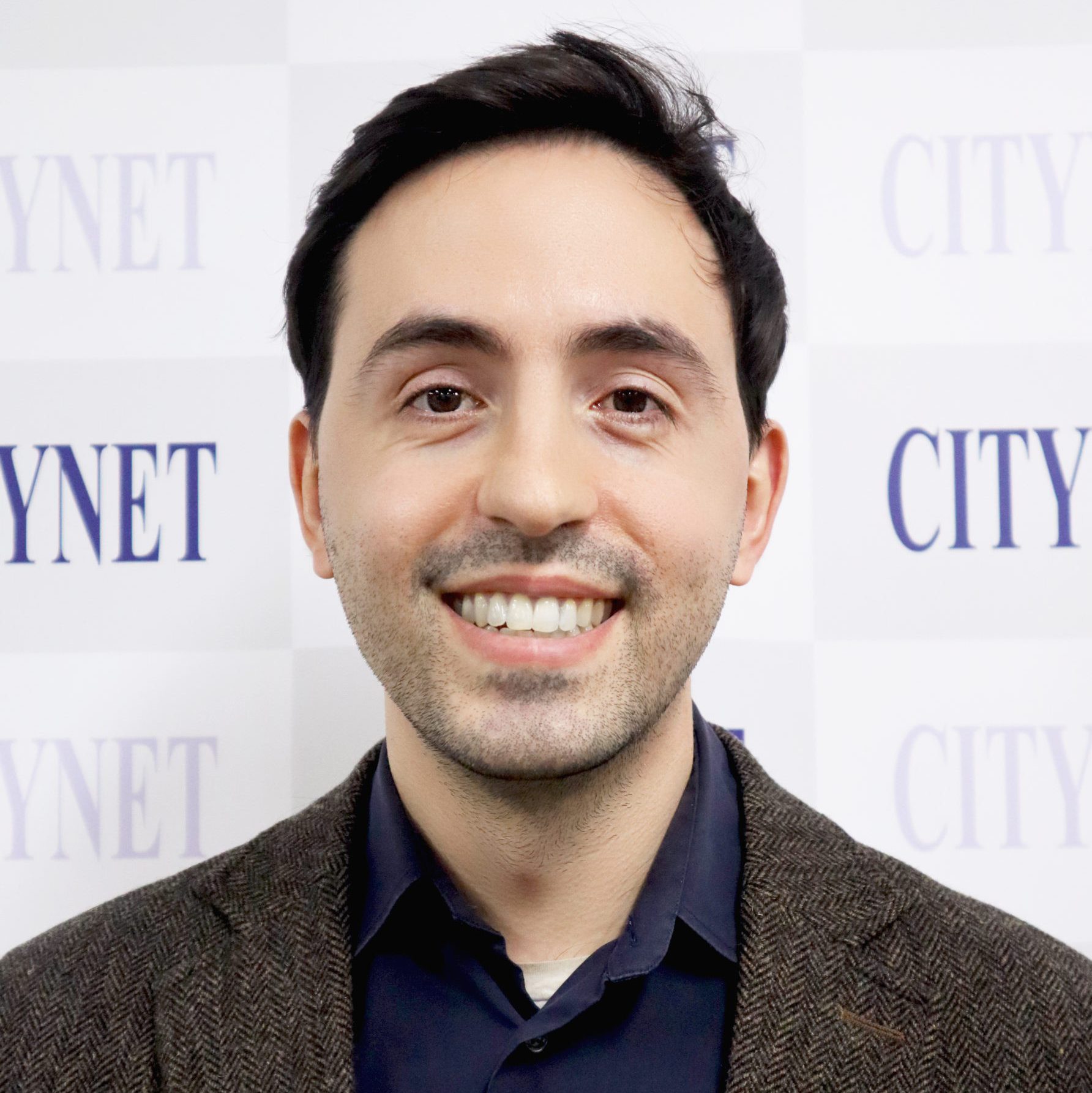CityNet Secretary General Vijay Jagannathan paid a visit to the Secretariat in Seoul from June 13-16 and used the opportunity to meet with mayors and high-level figures from key CityNet cities to hear their concerns on waste management and climate resilience to help them develop proposals for outside financing to tackle these complex, interlinked issues.
Following his recent appointment to the United Nations Advisory Board of Eminent Persons on Zero Waste, CityNet Secretary General Vijay Jagannathan wasted no time in developing a series of proposals for CityNet members seeking to revolutionize the way developing cities handle their waste output while bringing income to the city through circular economy PPP contracts. As part of this council, Mr. Jagannathan aims to break new ground in how cities can build zero waste futures and mitigate the effects of climate change.
Mayor Abby Binay of Makati met with Mr. Jagannathan to discuss methods of increasing financing for green projects to hit ESG targets. They discussed the possibility of leveraging Makati City’s advanced finance sector to create of a city green funding facility to attract outside funding for climate projects and to achieve low-carbon goals.

Mr. Jagannathan and members of the Secretariat including Mr. Kendra Hirata met with Iloilo Mayor Jerry Treñas who wants Iloilo City to become a regional hub for disaster response & resilience and training. The Mayor has ambitions to improve their current waste-to-energy PPP contract to create a more circular economy while improving the water provided to citizens. In the proposed plan, Iloilo would also plan study tours to Japanese cities that have overcome similar disaster-related challenges and cleaned up their waste management systems.
The current Municipal Commissioner J M Bhadranie Jayawardhana of Colombo and high-ranking officials of Sidoarjo Regency met with Mr. Jagannathan to prioritize the formalization and advancement of their waste management systems. Colombo has taken the important first step of separating organic from inorganic waste, leading to the possibility of harvesting methane gas, which contributes significantly to greenhouse gas emissions, to use as an energy source. Sidoarjo Regency is preparing to upgrade its waste management capabilities which includes introducing advanced solid waste management facilities closer to the city. If cities like Colombo and Sidoarjo are able to use reliable data through a GIS mapping platform to measure the amount of methane being produced through municipal waste each day, the city can put a price tag on the gas and develop PPP contracts that work to their advantage and promote a circular economy.
Mr. Jagannathan met with Korea’s Minister of Environment as announced in the other article as part of his efforts in CityNet to further his agenda on Zero Waste through smart city applications. Mr. Jagannathan is also scheduled to meet with Seberang Perai’s Mayor in July to hear his concerns.
While these proposals are tailored to align with each city’s local goals and priorities, a common theme is the utilization of reliable open data platforms to ensure the sustainability of zero waste and waste-to-energy initiatives. Electric sensors measuring waste quantities can feed into a GIS map digital dashboard used by city administrators and made publicly accessible. By conceptualizing waste management in this manner, the sector can be formalized and elevated as a crucial component of smart city masterplans for the new generation of Asian cities.


Chris Di Gennaro is a Program Officer at CityNet, where he manages the Urban SDG Knowledge Platform, a joint project with UNESCAP and the Seoul Metropolitan Government. Previously, he worked at ESCAP to organize an urban innovation themed startup competition. Chris holds a Master of Korean Studies from Yonsei University and a Bachelor of Psychology from Vassar College. He is keenly interested in the workings of cities and facilitating sustainable urban development.

